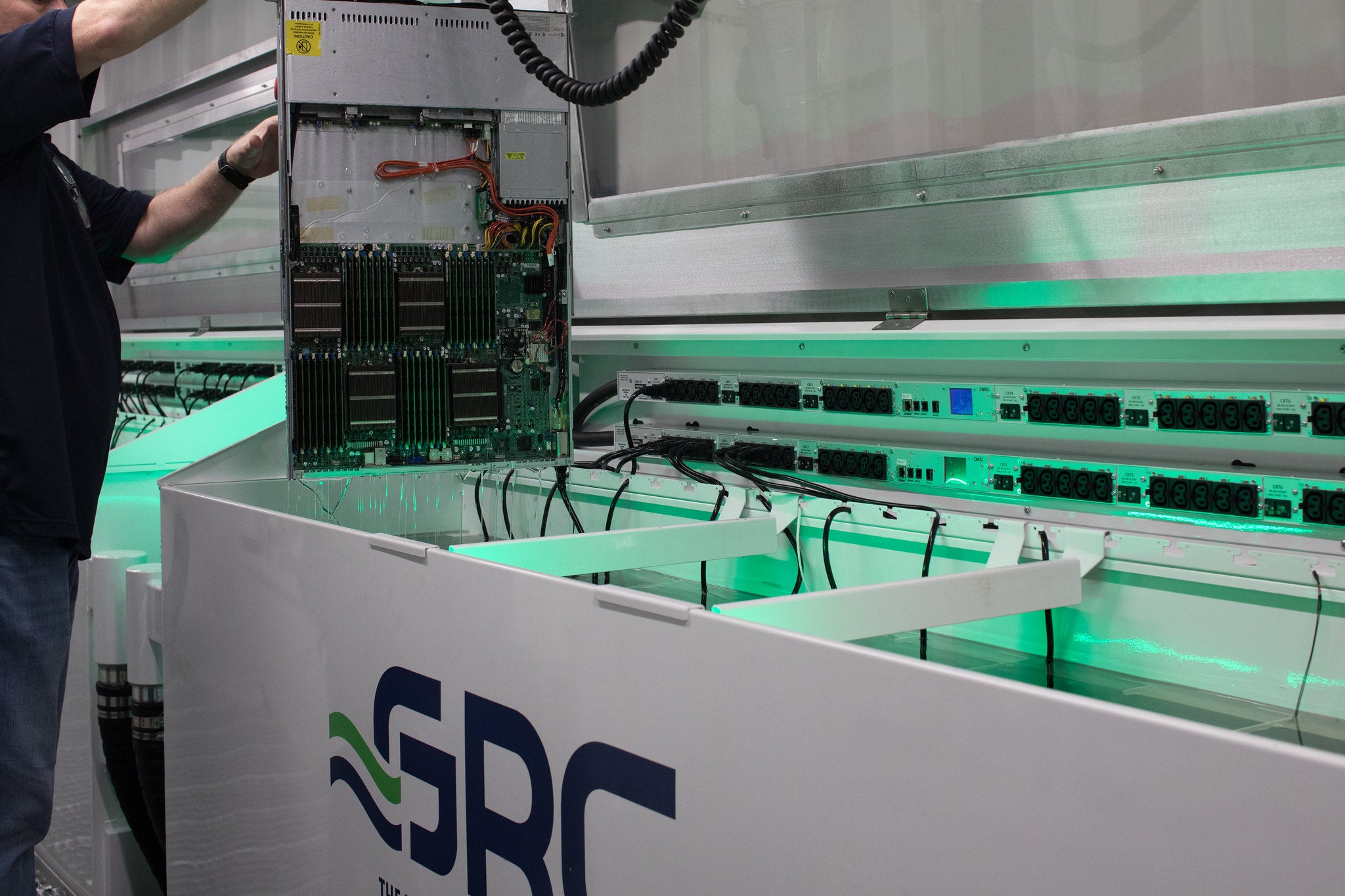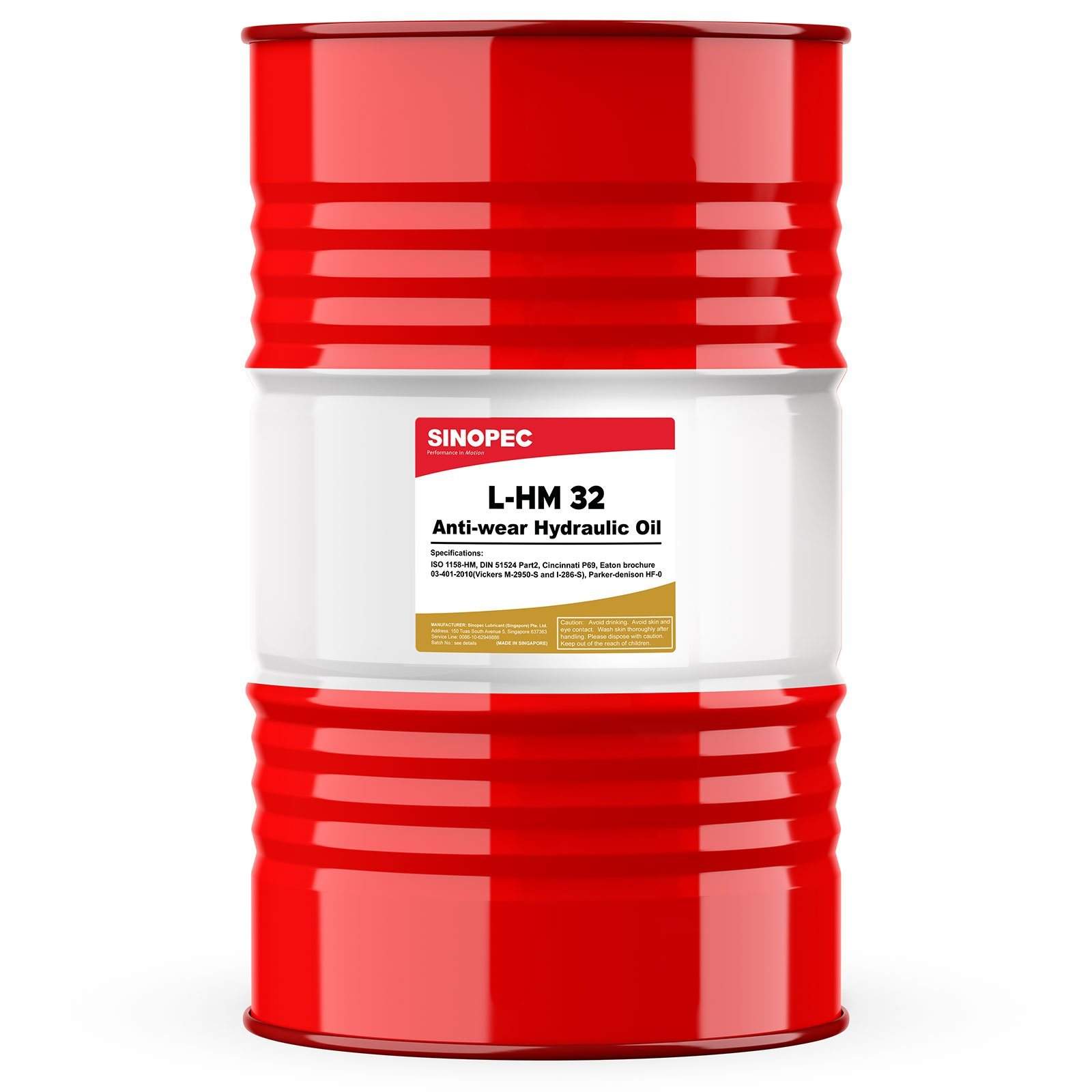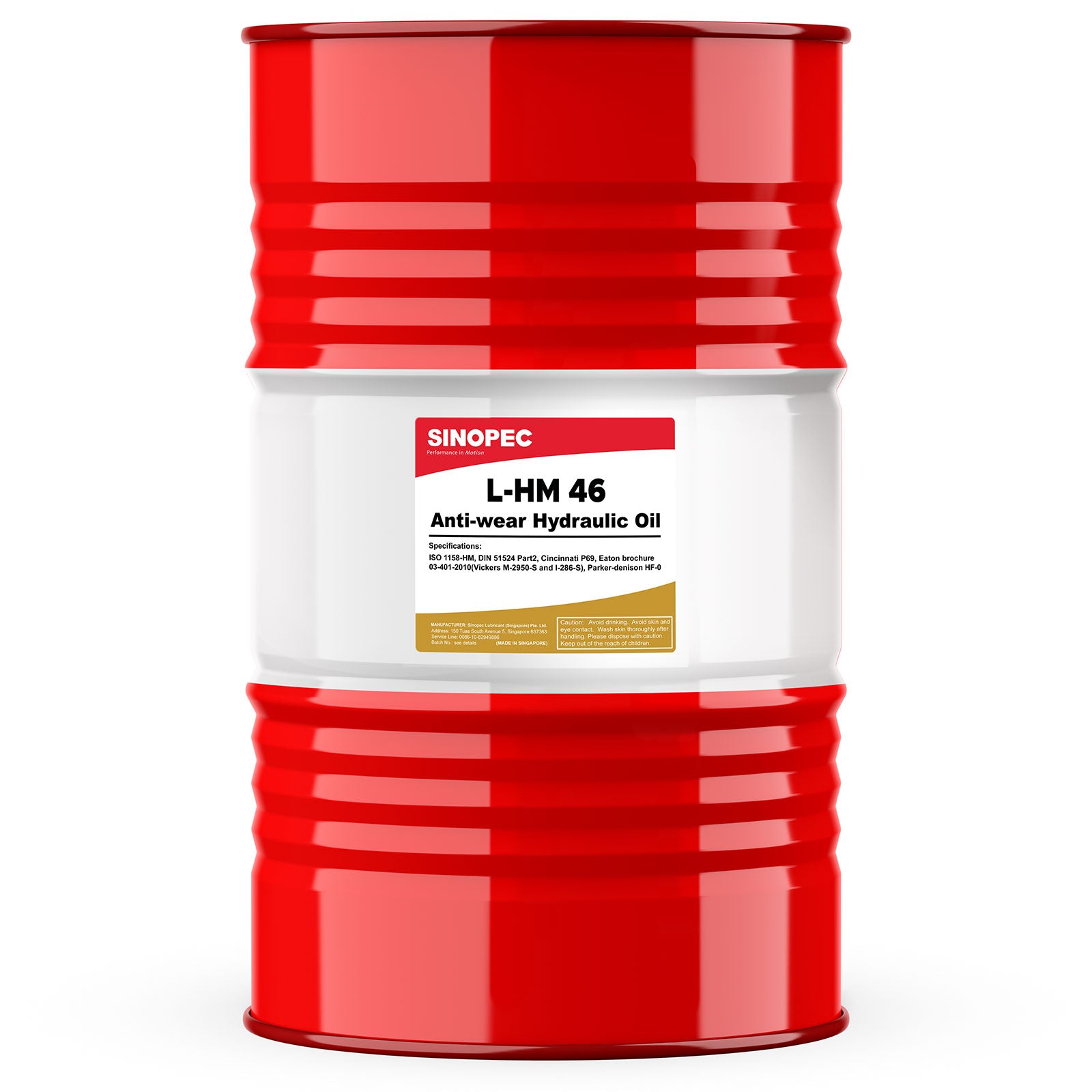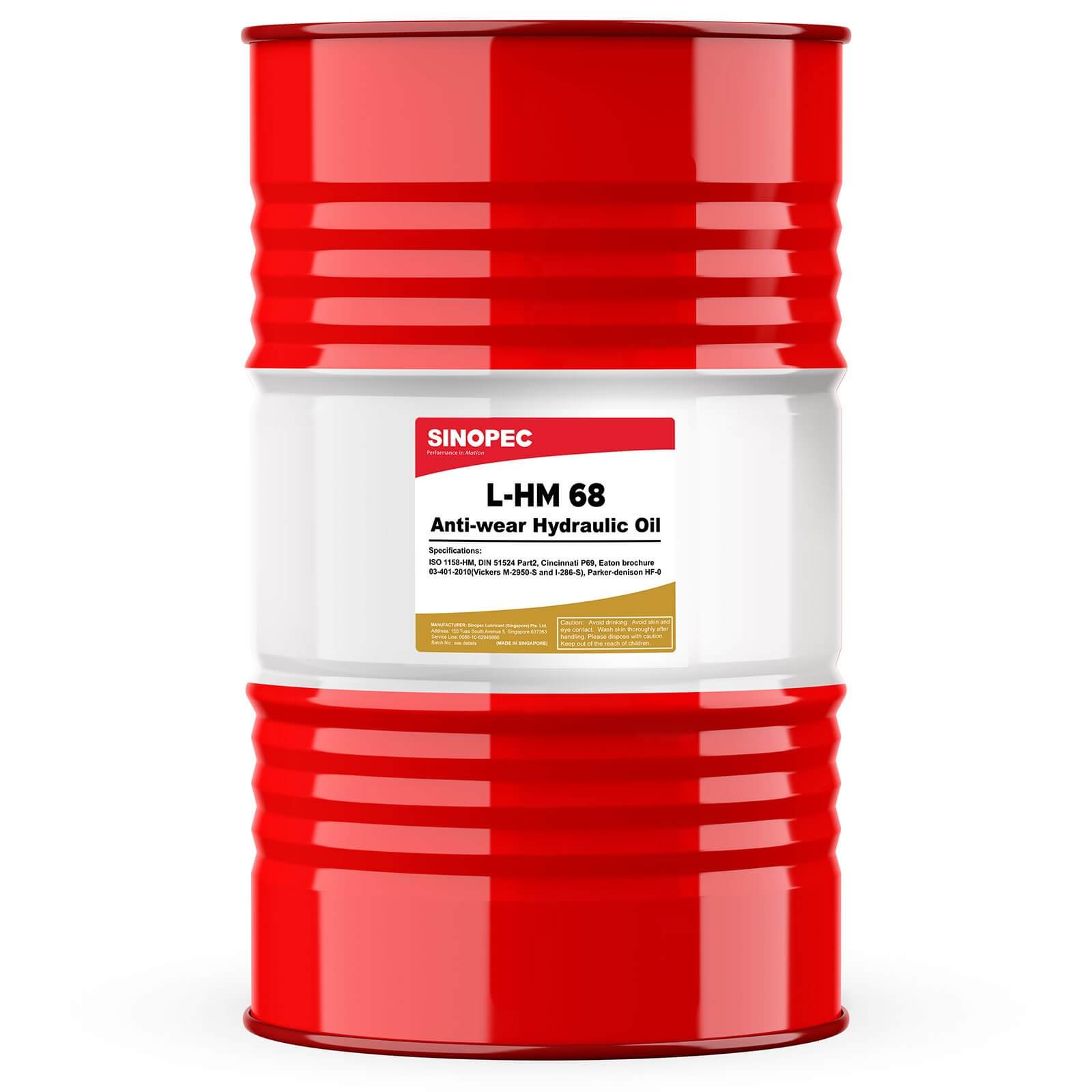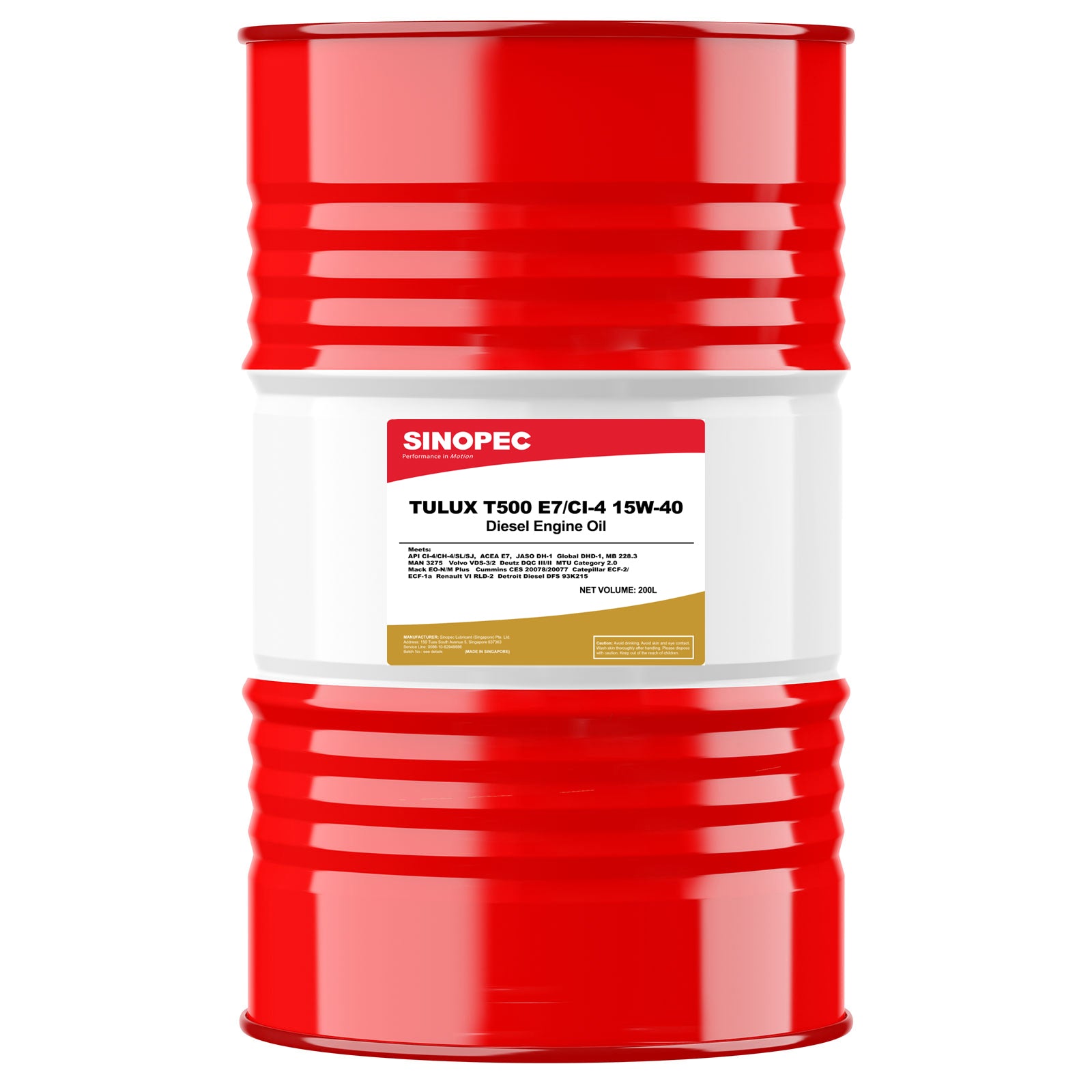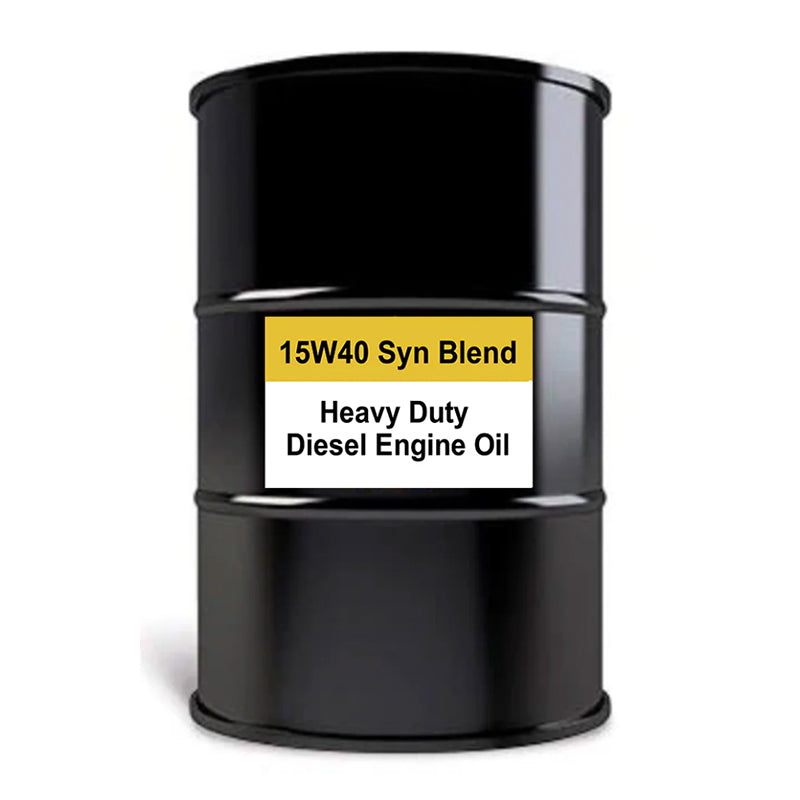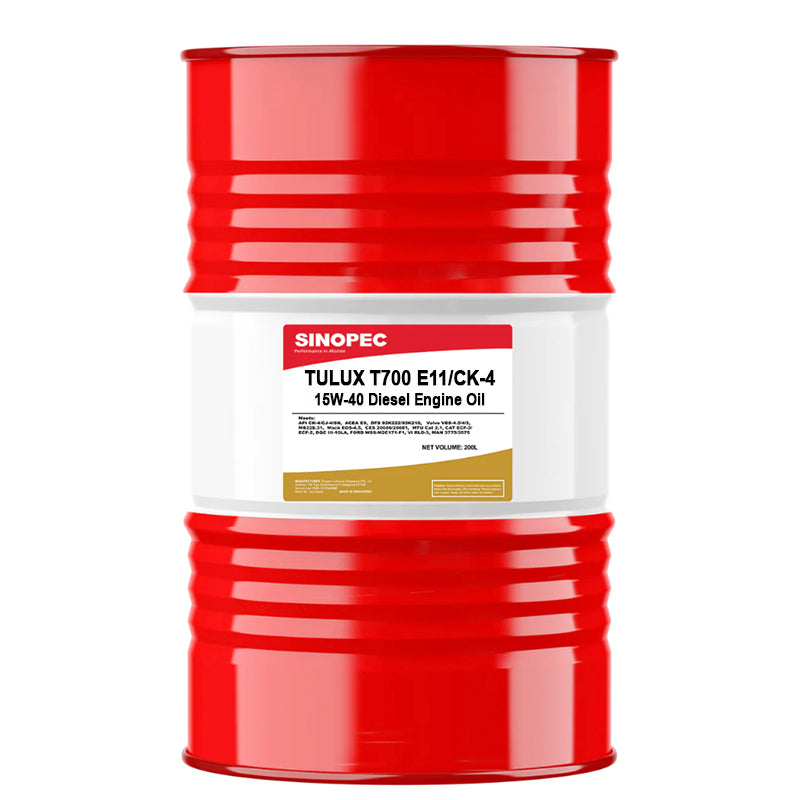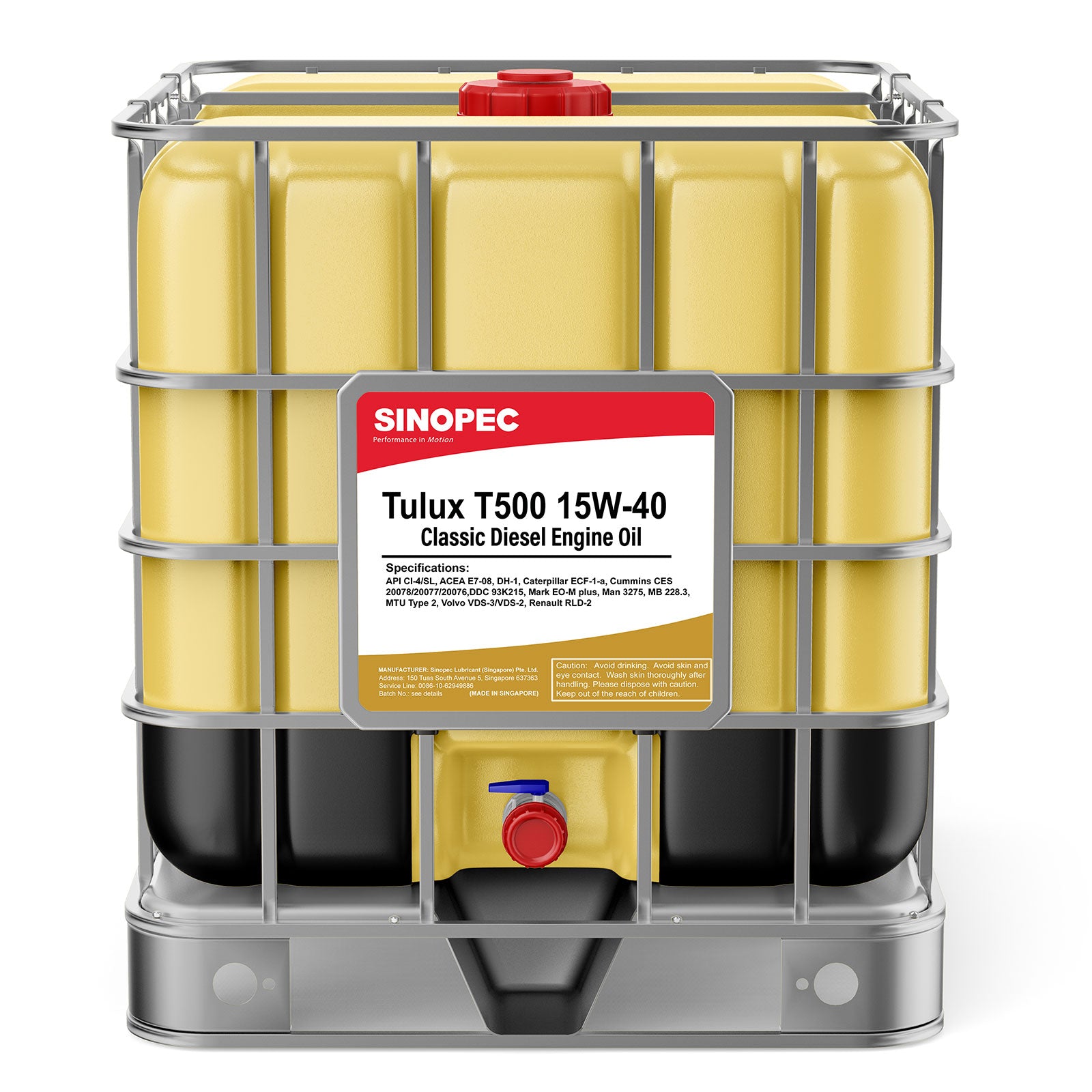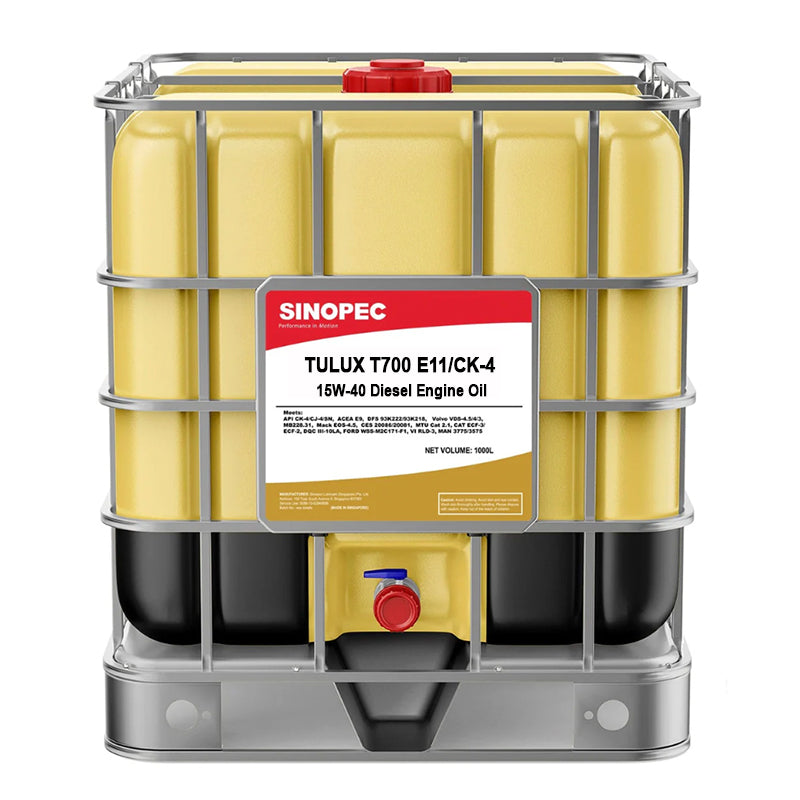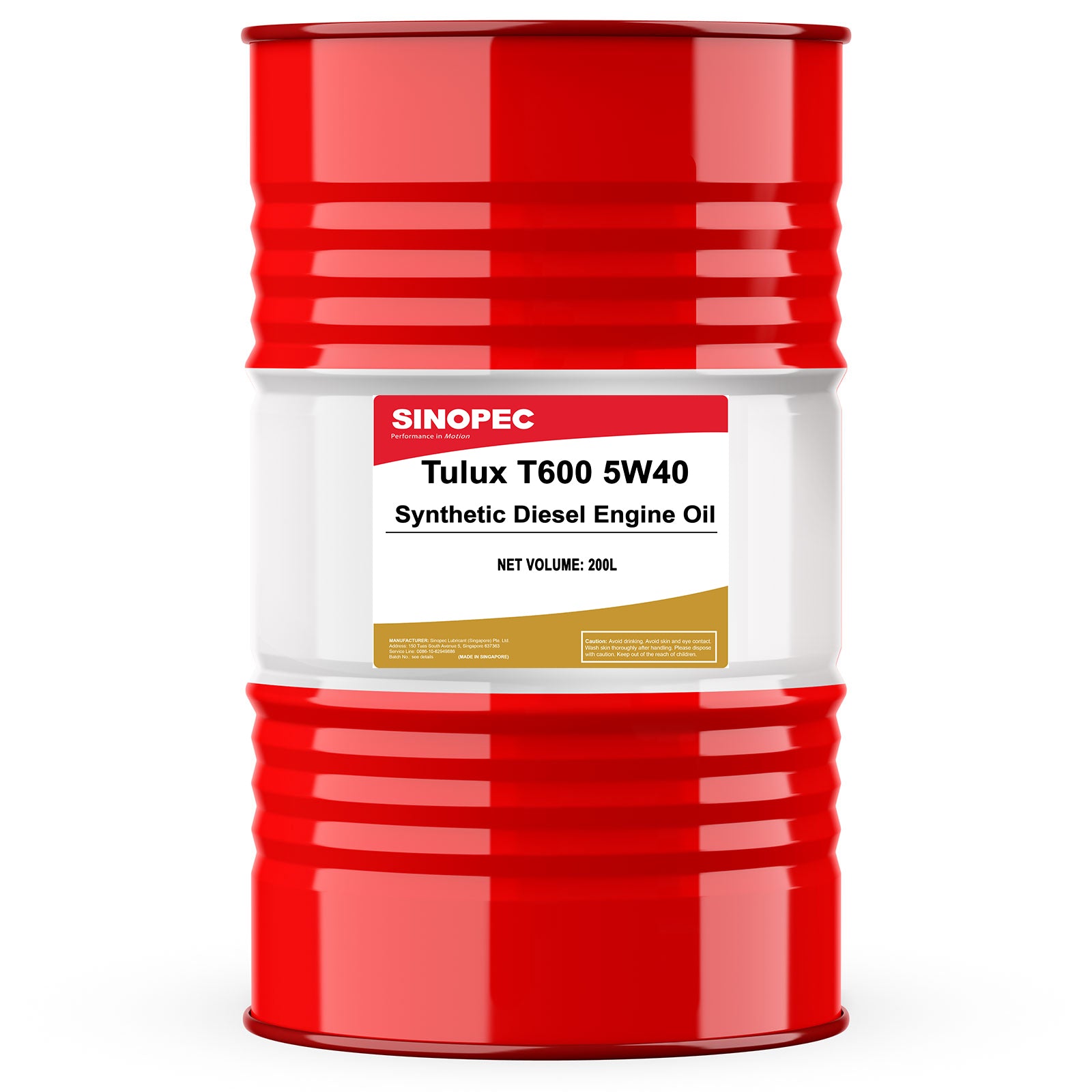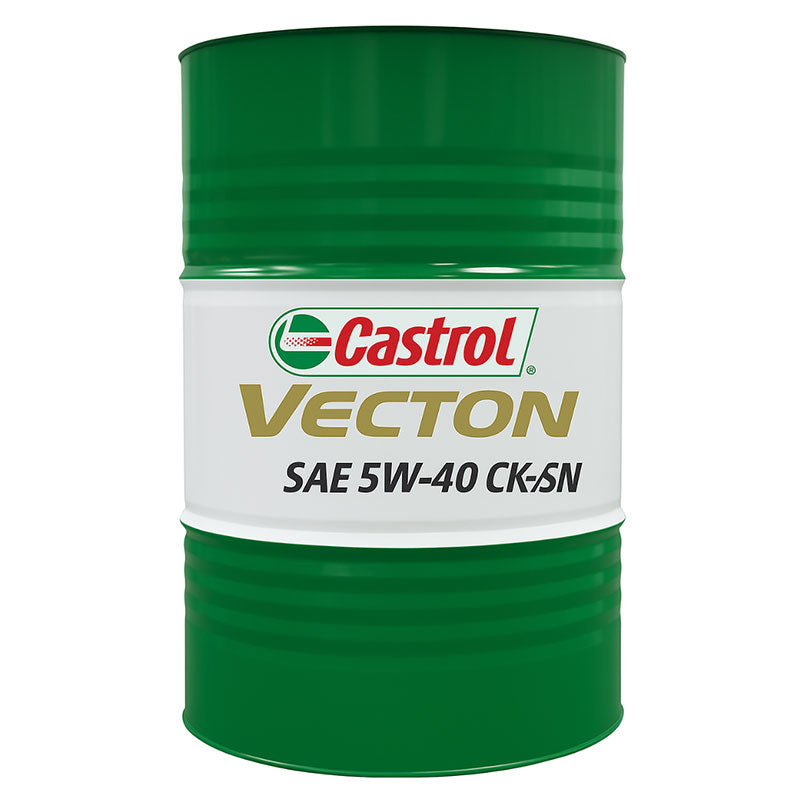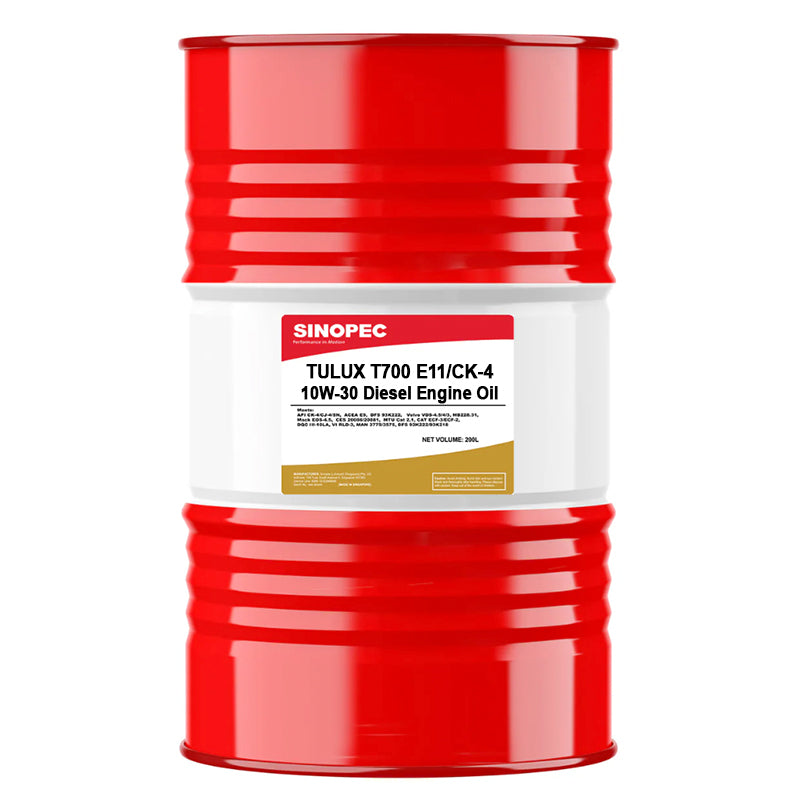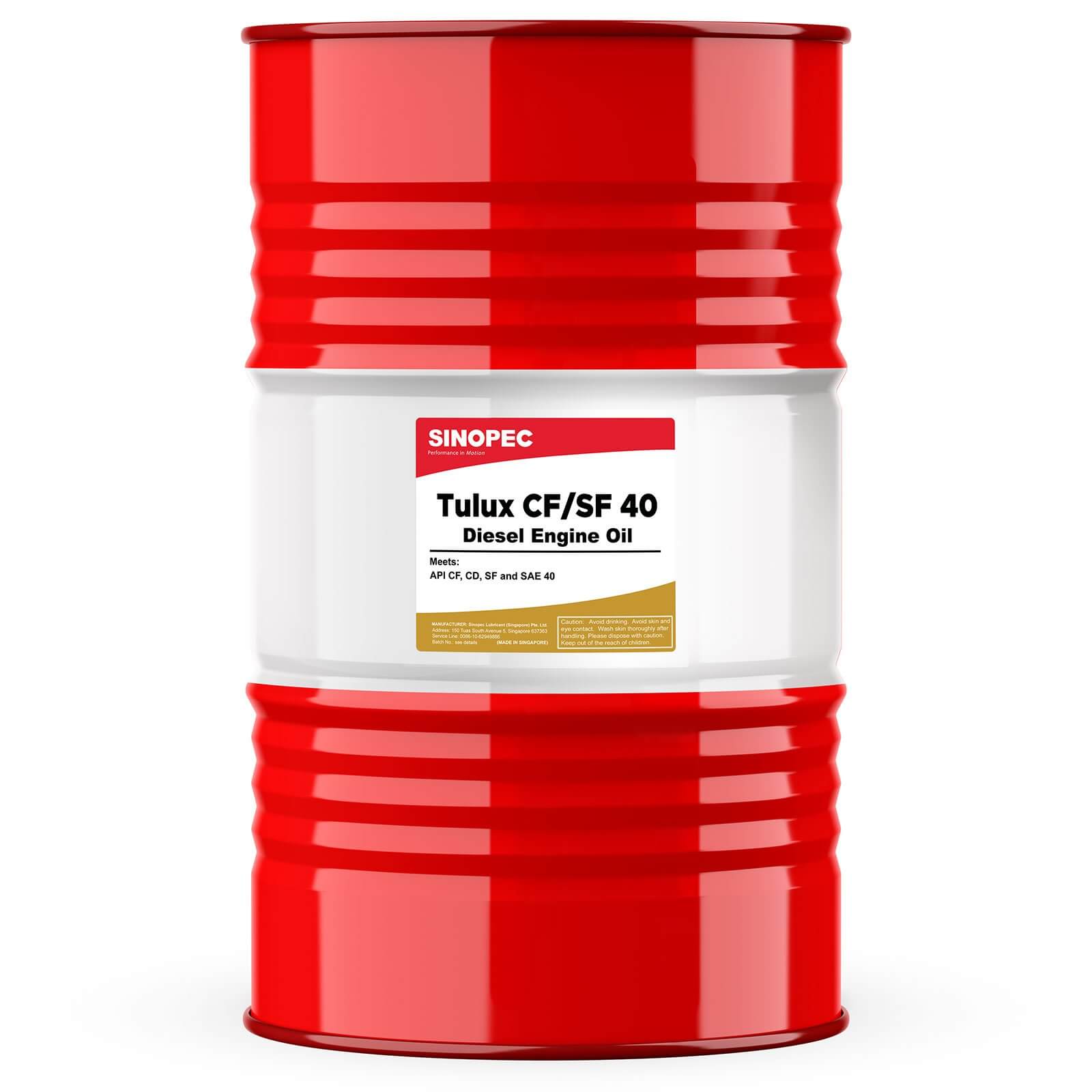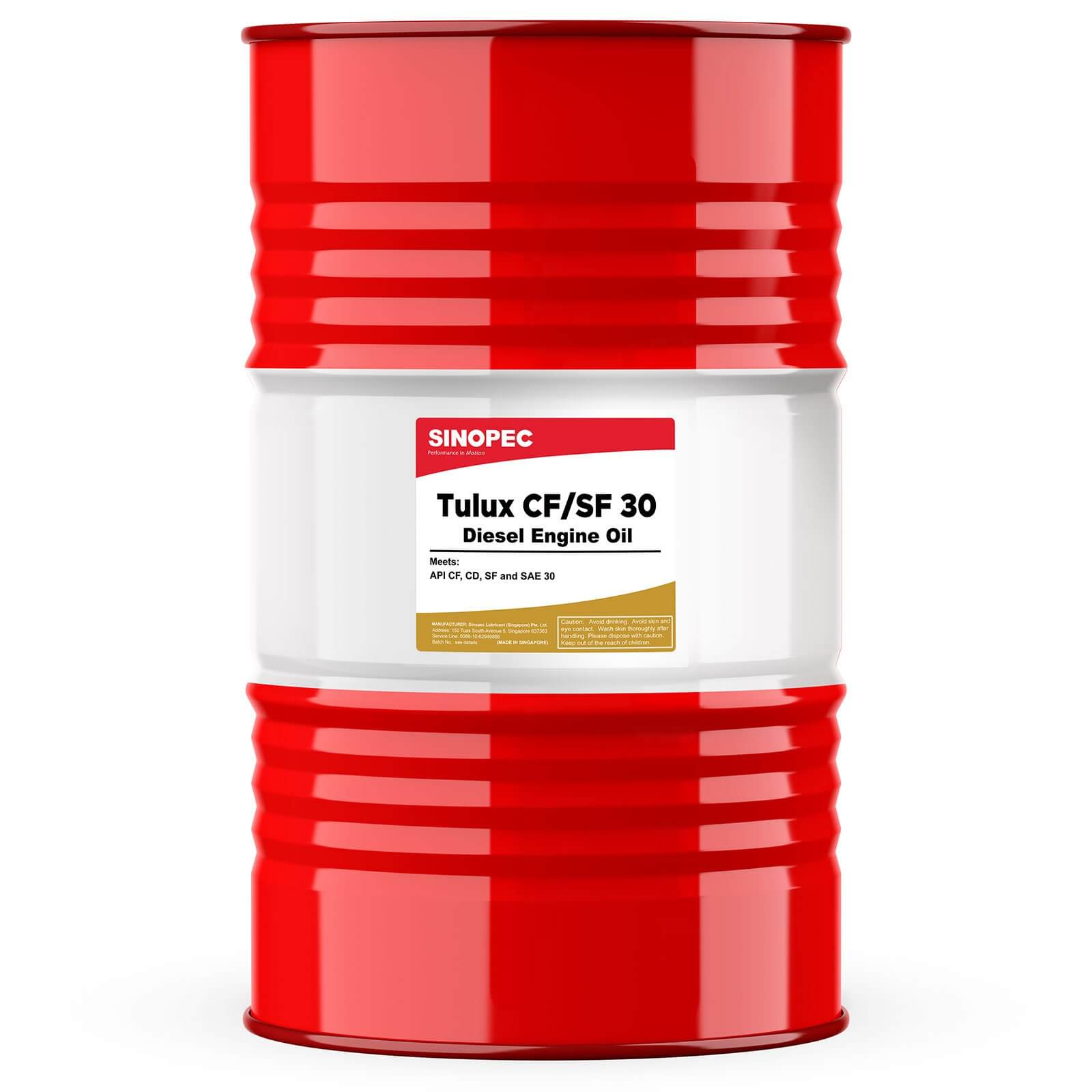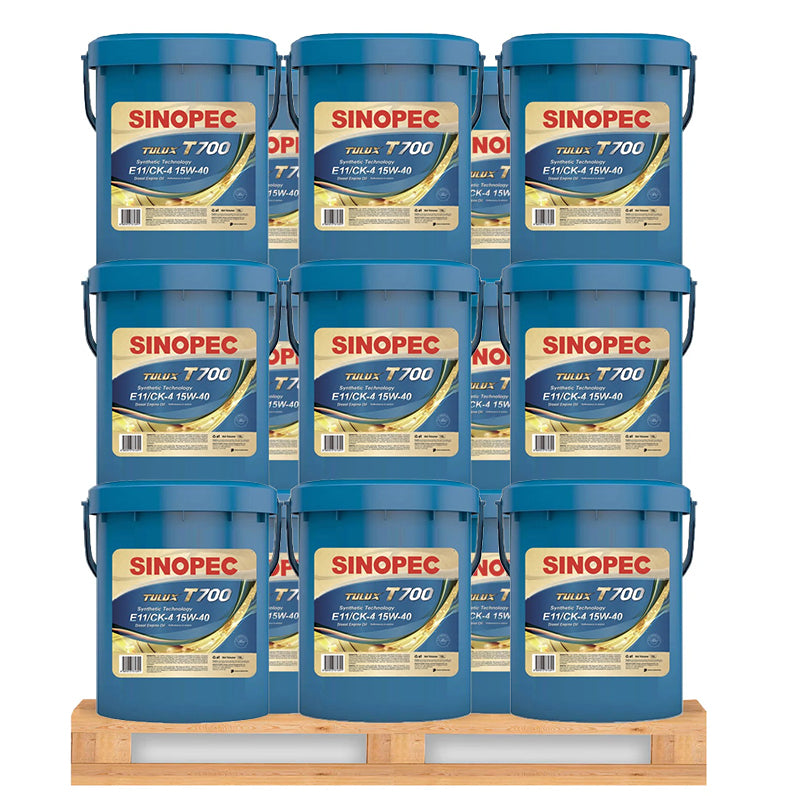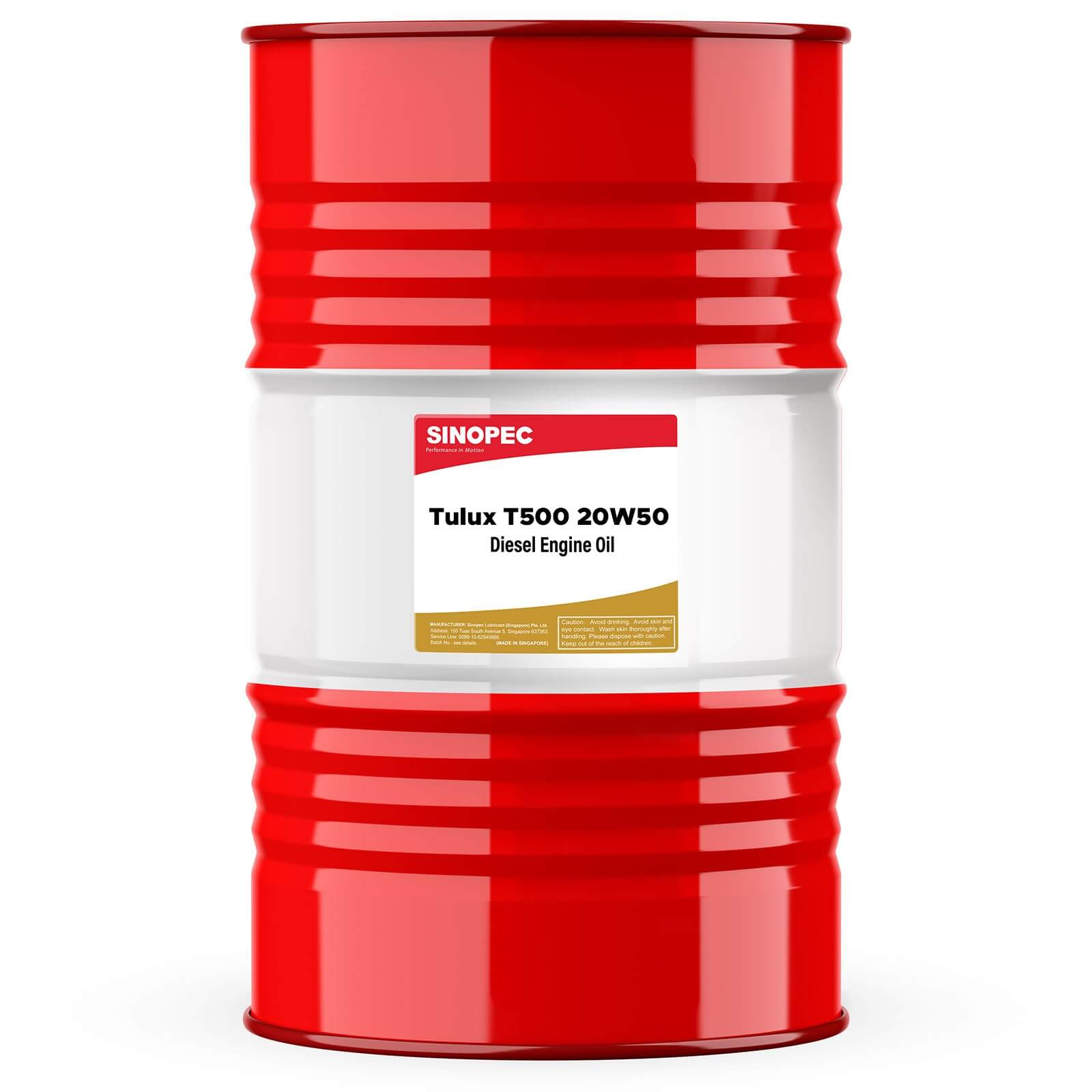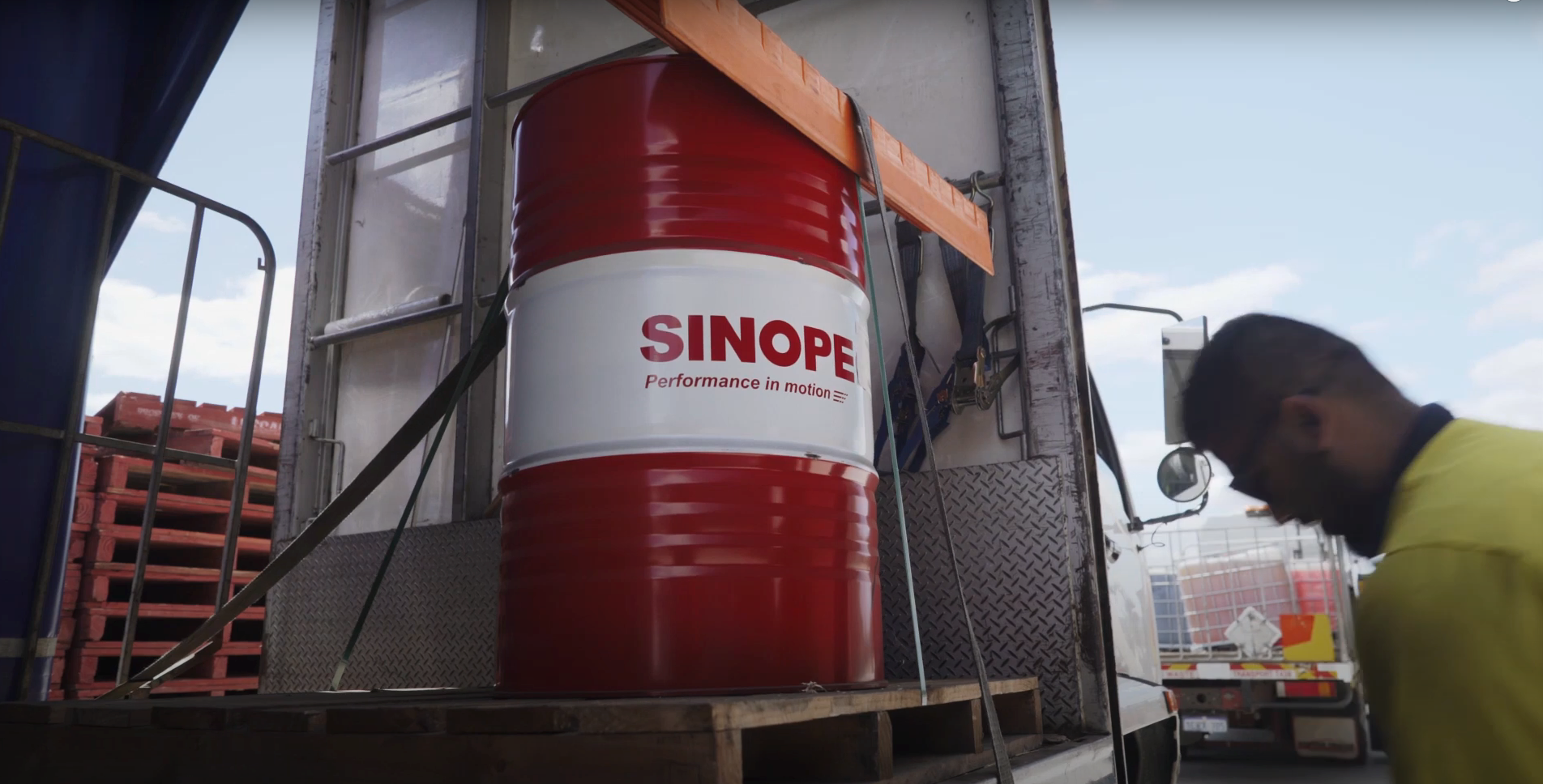HEAT TRANSFER FLUID / FULL STRENGTH CONCENTRATE
Available in 55 Gal Drums & 275 Gal Totes, Free Shipping Nationwide
Relative to ethylene glycol, propylene glycol has a lower acute oral toxicity. Accordingly, propylene glycol based heat transfer fluids are at least preferable and often required in food processing industry applications in which they may make accidental contact with foods or beverages or where they may incidentally contaminate potable/drinking water. In some municipalities, the use of propylene glycol is required by law or regulation. The propylene glycol is industrial or heat transfer fluid grade. Propylene glycol also has a higher viscosity than ethylene glycol, which results in somewhat lower heat transfer efficiency and somewhat more difficult cold weather pump start-up for propylene-glycol-based fluids.
Applications:
• HVAC system freeze/burst/corrosion protection
• Process cooling/heating
• Solar heating
• Refrigeration warehouse floor heating
• Thermal energy storage
• Ice skating rinks
• Sidewalk and playing field subsurface heating
• Cold room dehumidify
• Computer cooling systems
Industry Standards
PetroFlo HVAC-711 has been formulated to meet the requirements of the following ASTM standards:
• ASTM D 1384 Corrosion in glassware of steel, cast iron, aluminum, copper, brass and solder
• ASTM D 2809 Water pump cavitation erosion/corrosion test
• ASTM D 1881 Foaming tendency test
• ASTM D 4340 Aluminum corrosion at heat transfer surfaces
• ASTM D 2570 Simulated service metal coupon corrosion test
Glycol Cooled System
What is a Glycol Cooled System and How Does it Work?
A glycol cooled system is a type of air-cooling system. It is commonly used in data centers, server farms, and other large facilities where continuous air-cooling is not feasible. The glycol cooling system uses a closed loop of chilled water and glycol to remove heat from computers. The water is circulated through the data center and removes heat from the computers. No computers are directly cooled with ice or water. Instead, the computers are cooled with a glycol chilled water loop. The water is chilled with a glycol loop that is connected to a mains water supply. The water passes through a chiller, then passes through the data center. In this article, we will explore how a glycol cooled data center works.
Why Use Glycol for Cooling Systems?
A glycol cooled system is used when a facility needs to remove heat from a building or an area. Before a data center can use glycol cooling, the electrical wiring and the building must be grounded. The ground is a connection between an electrical system and the earth. If nothing is connected to the ground, then there is no way to transfer electricity through the ground. Without an electrical ground, an electric current will flow between the computers and the ground. The ground is the connection between the computer system and the earth, so it is required for power to flow through the data center. For a glycl cooling system, water is chilled with the glycol loop and then passed through the data center. The glycol removes the heat from the computer equipment. The water also acts as a backup for the cooling system in case of a power outage. In this case, the data center does not lose electricity and the servers do not overheat.

